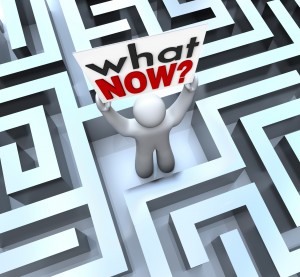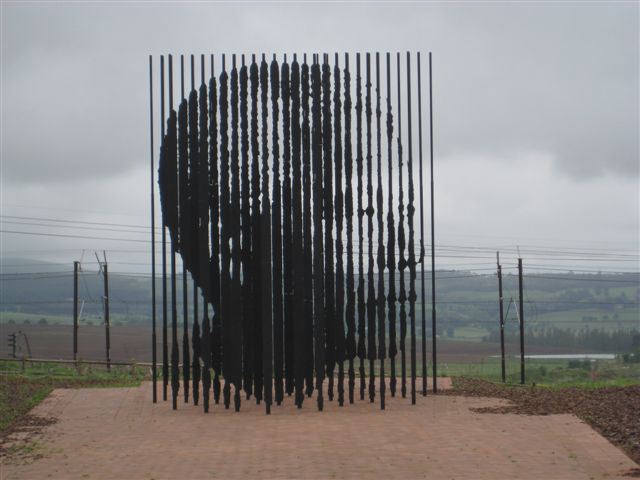A struggle is a sign that something isn’t clear enough for you to take your next step. It’s a signal perceived by many as frustrating. It’s similar to pain. It takes some sleuthing to determine if it’s coming directly from where you feel the pain or is it referral pain coming from a different source.
Is the struggle trying to tell you…
you don’t know what you don’t know?
you know something you’d rather not admit or acknowledge?
you prefer to avoid it rather than stirring something you anticipate will be dreadful or you choose not to relive?
Each struggle contains selective information. Wouldn’t it be great if it gave you a print out with the exact data you need. Sorry it doesn’t work that way.
Experts have been telling us for years that habits are good or bad, normal or odd. What they don’t tell you is why you do what you do.
The code to your personal why, resides inside you. Experts, counselors, coaches or authors can help you get close however you need to actively examine what your internal noise is about.
Like fingerprints, only you possess the code to your personal why.
For example, a dozen people can have a major decision to make and all are avoiding it. Their inner conflict remains in limbo until they are willing to look at the messy details or a deadline looms and they make a guess with a blindfold on.
While they share a common situation, each person’s reason for avoidance has their unique fingerprints all over it.
A coach could take each person thru a decision making process. Many would recommend just do it – Implementation by way of determination. However determination ignores the personal details of the shaping that went into creating a tendency.
A habit interpreter takes a forensic approach guiding you to see what’s beneath the inner conflict you’re experiencing. Together we untangle what’s hijacked your clear thinking and whether or not it’s protecting you or endangering your situation. Together we search for the code to your personal why.
A forensic approach looks closely at what’s contributing to the entanglement – what’s predictive or elusive and what’s private and unique to you.
You’re the one who determines the significance or validity of the details. When snippets begin resonating and making sense, you connect dots only you know go together. That’s when it becomes clearer where to dig deeper.
Why bother finding your personal why?
Change is relentless. Whatever stage or phase of life you are in, you will consistently face updating the way you think and handle situations.
Why chase what worked for someone else if it doesn’t fit for you? Think of how much time and energy you save when you have self-knowledge of the originating design that created your habit and what’s likely to reinforce it.
When what you’re saying and doing isn’t getting you the intended results, you can become self-critical or you can become informed as to why and learn what to adapt, and then experiment until you find your new level of competency.
Adapting a tendency is similar to physiotherapy.
If you tore a knee ligament, rehabilitation requires you to strengthen surrounding tendons, ligaments and muscles to regain a fully functioning knee.
Before your injury, you walked without thinking. To regain alignment and functionality means acting intentionally while risking pain or discomfort. It involves adjusting moves to prevent further damage, and provide relief for the ligament by strengthening surrounding muscles and ligaments.
Physiotherapy sessions are educational. You receive guidance regarding what movement routines will help most. You do the real work daily with frequent repetition of designated routines.
With diligence and persistence, incremental adjustments help you move to a desired new level of competency that fits your injury and body.
Anyone who takes shortcuts, due to necessity or preference, may be revisited in later years. Ask anyone who has had a knee replacement why they needed the operation. The originating story and how well they handled the adjustment phase are revealing.
Adapting involves learning and unlearning. It can be fatiguing, however seeing and feeling progress helps you connect your efforts to regaining functionality.
Whatever tendency you choose to change, shifting it from autopilot to taking charge will be challenging. The degree of challenge depends on how the tendency formed to begin with.
That’s why acquiring self-knowledge of ‘why you do what you do’ is crucial.
When it’s time to tame a tendency what’s best – a determination or detective approach? A determination approach can give a sense of exhilarating achievement. It works well when conditions and incentives fit for where you’re at.
But what if you have a habit that isn’t serving you as well as it could? For instance:
…leaving deadline tasks till the 11th hour
…being generous giving support yet resistant asking for support
….being judgmental and critical with people that matter most
Consider being a detective and seeing what you discover. Be curious. Examine it. It may take a bit longer since you go deeper. However, your journey is internalized and what you learn you can leverage in future.
Self-knowledge is power. In an ever changing world, it pays to be building self-knowledge constantly. Rethinking and updating tendencies is part of the adapting process.
Life experiences shape and reshape your thinking and habits. Navigating life changes and shifting attitudes becomes an opportunity to examine, update or reshape your thoughts, words and actions to meet evolving expectations.








